Donald Trump has laid out four goals in Iran and said the US campaign had been projected to last four to five weeks but could “go far longer than that”.
On Monday, the US president offered his most extensive comments yet about the war, going…

Donald Trump has laid out four goals in Iran and said the US campaign had been projected to last four to five weeks but could “go far longer than that”.
On Monday, the US president offered his most extensive comments yet about the war, going…
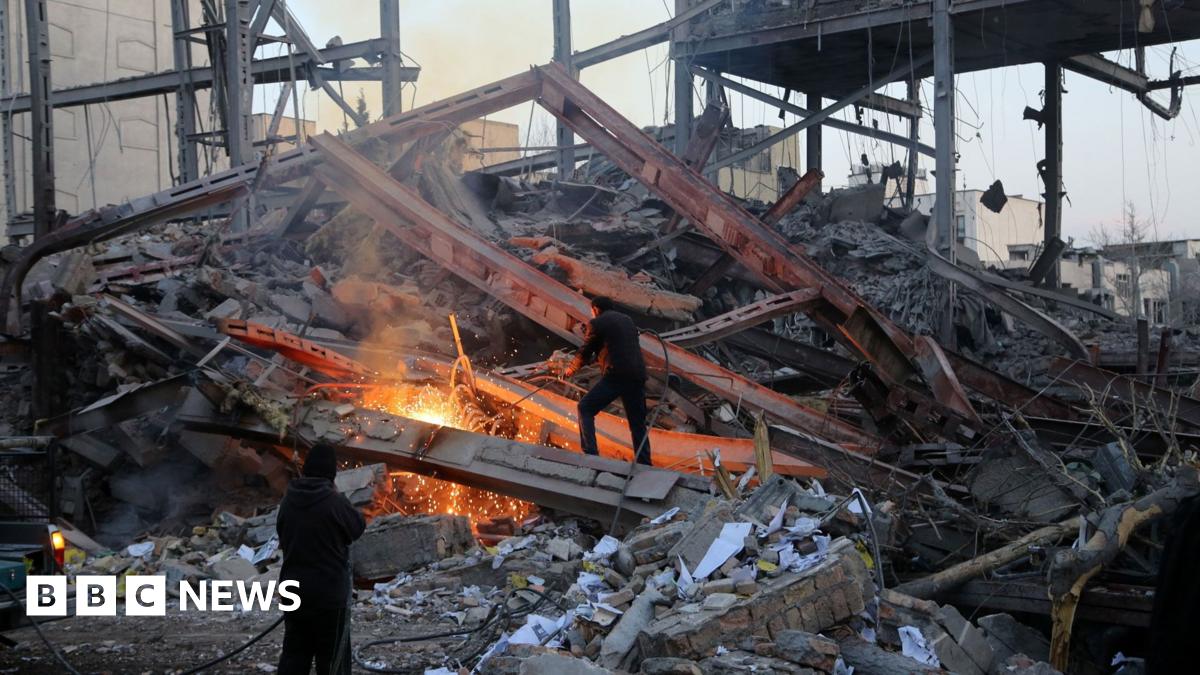
Tom Symonds
Reporting from Heathrow Airport
 Image source, PA Media
Image source, PA MediaJeff and Rebecca Moses, from Manchester
I’m at…
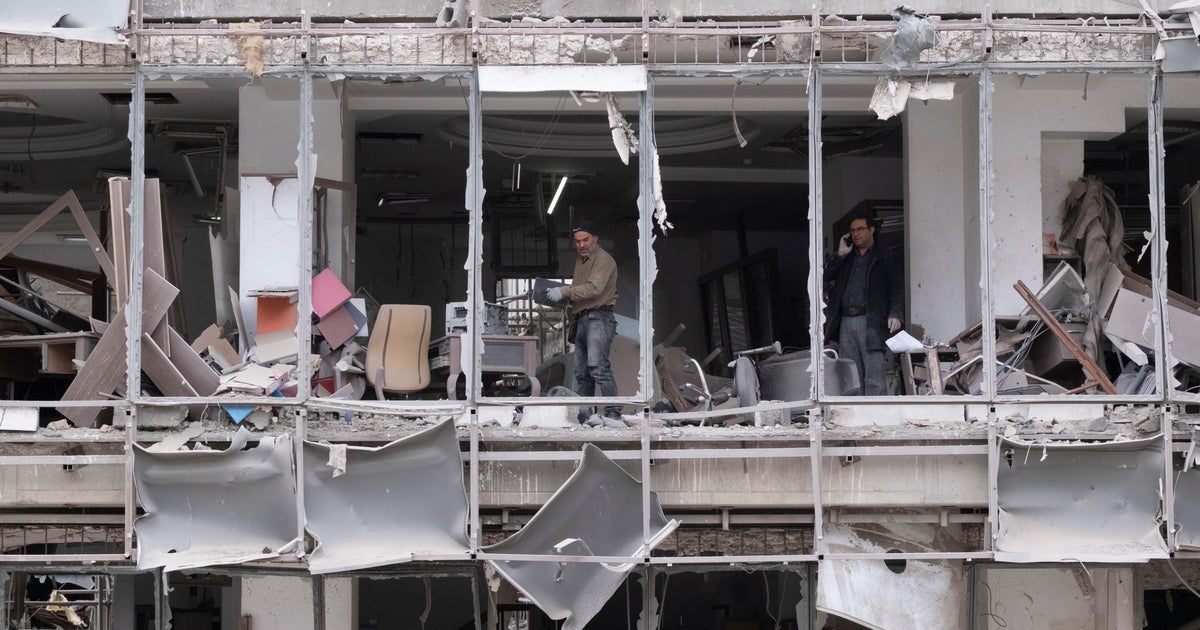
The head of the United Nations’s nuclear watchdog agency, the IAEA, said Monday that his agency had “no indication” that any of Iran’s nuclear installations had been damaged by the ongoing Israeli-U.S. strikes on the country.
IAEA…
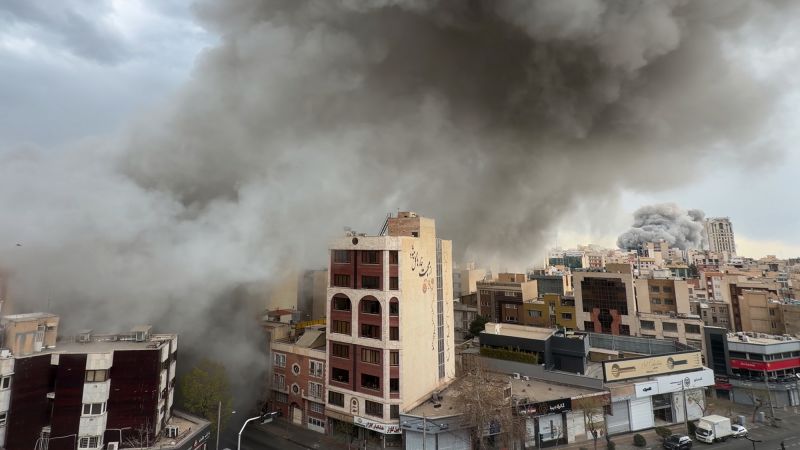
Senate Majority Leader John Thune said he expects Trump administration briefers to lay out their legal justification for strikes against Iran, as they meet with…
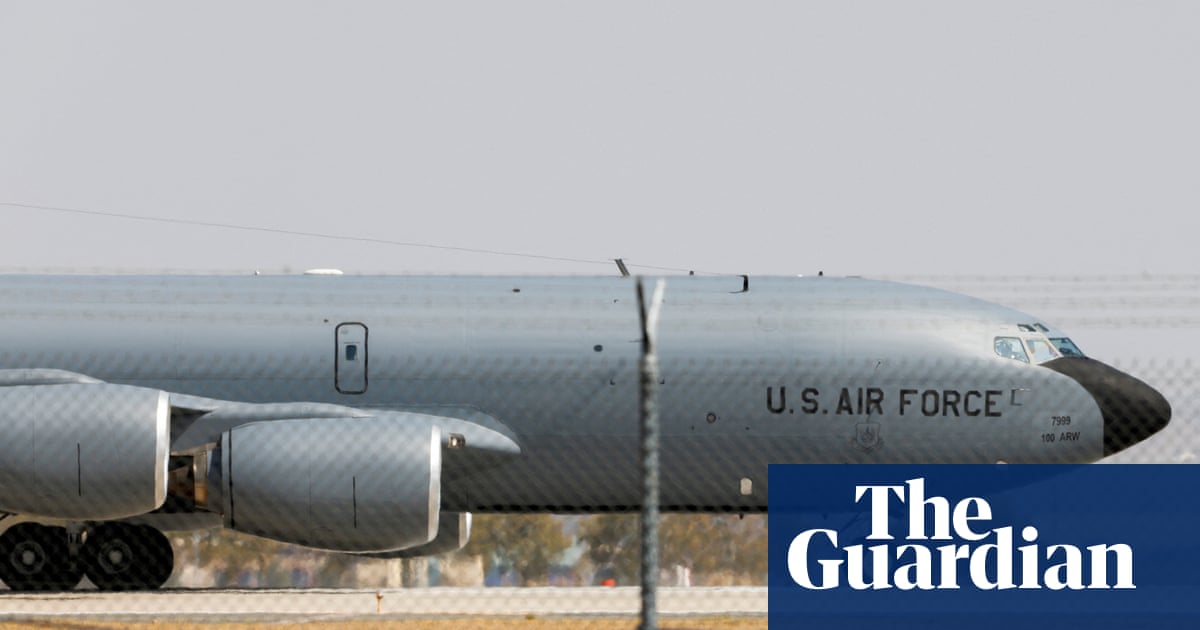
Spain has denied the US permission to use jointly operated military bases on its territory to attack Iran as Madrid stepped up its criticism of the “unjustified and dangerous military intervention”.
Spain’s socialist prime minister, Pedro…
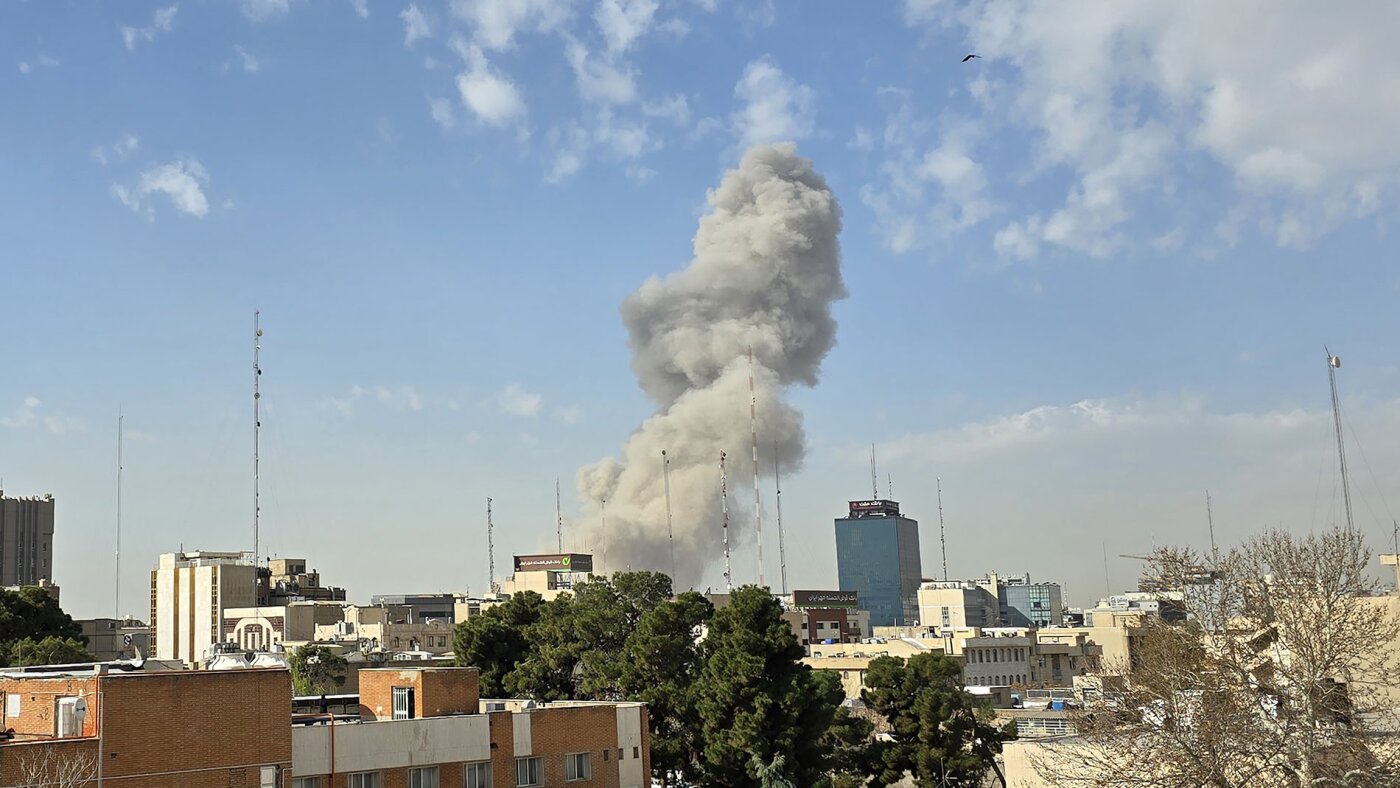
A plume of smoke rises after an explosion in Tehran, Iran.
Majid…
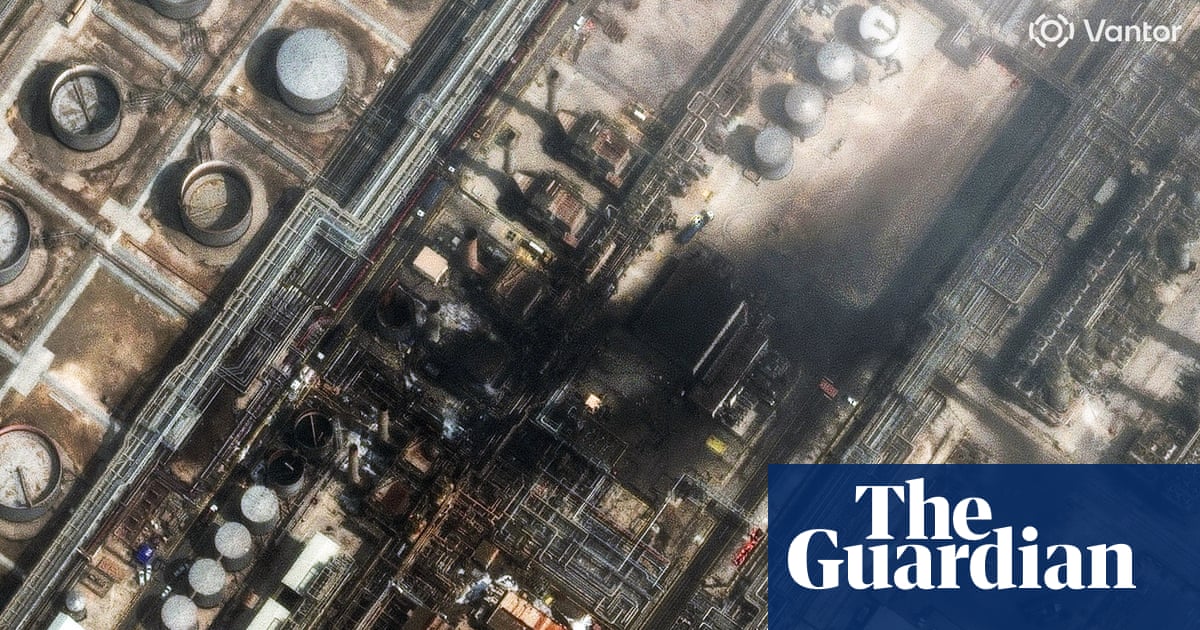
Gulf states, encouraged by Donald Trump, are on the verge of ending their neutrality in the war against Iran in reprisal for Tehran’s repeated “reckless and indiscriminate attacks” on their territory and infrastructure.
The calls, led by the…
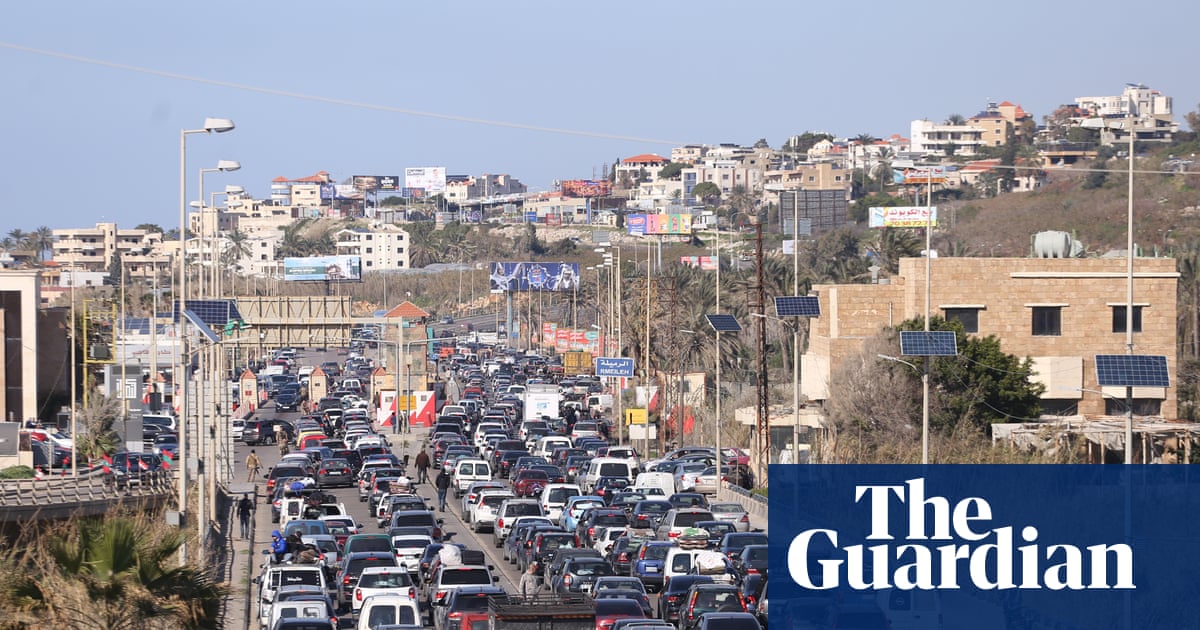
Abu Yehya and his two sons awoke to the sound of bombing in the early hours of Monday morning. A dozen blasts, one just a few hundred metres away, sent them into the streets of Beirut’s southern suburbs.
They walked for four hours, bleary-eyed,…

UAE leaders walk through Dubai…